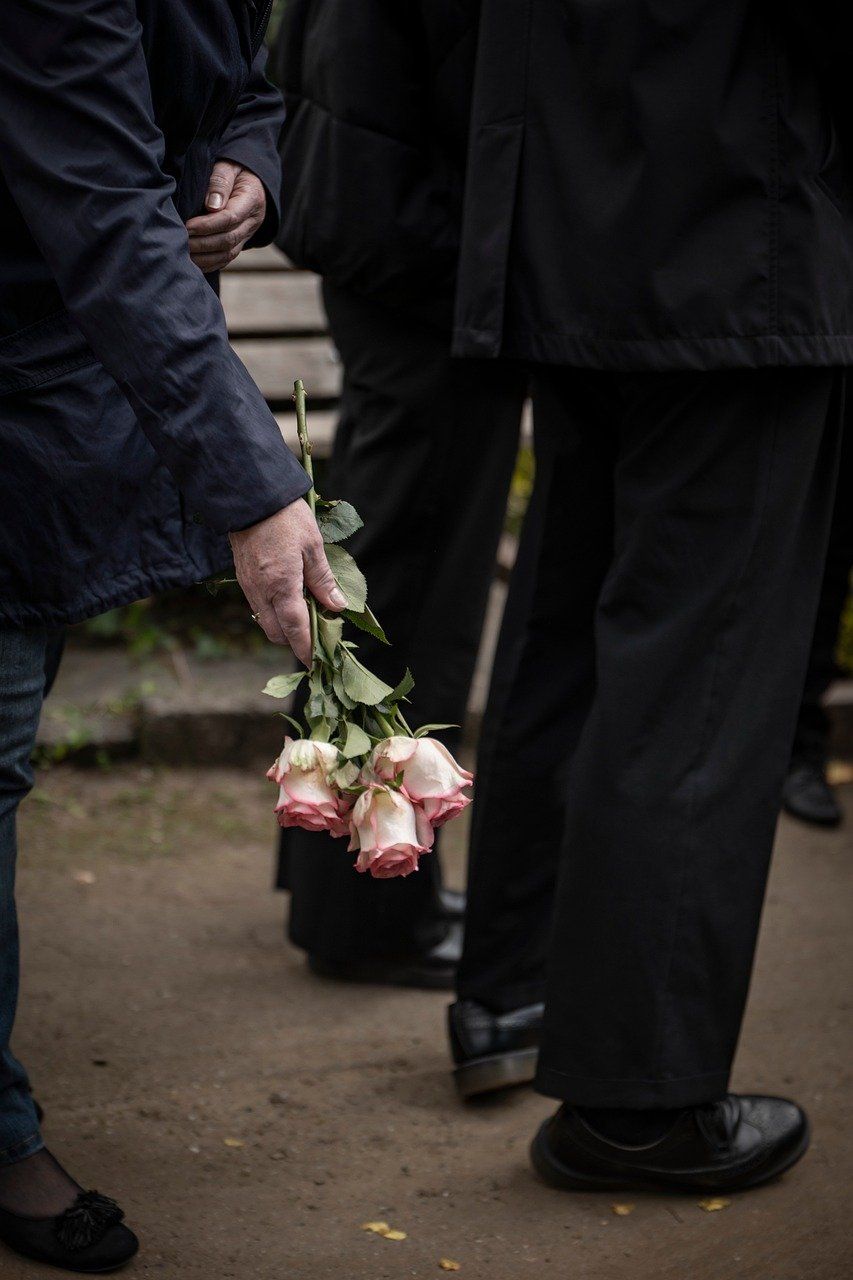Honoring Veterans: What Military Families Should Know About Funeral Services
Honoring a loved one who served in the military comes with unique considerations, from understanding eligibility for veteran benefits to planning a service that reflects their service and sacrifice. Military families may need guidance on burial options, memorialization, and ceremonial elements that pay proper tribute. Knowing what benefits are available, how to coordinate with government agencies, and which funeral services can incorporate military honors can help families make informed decisions during this emotional time. Taking these factors into account ensures a meaningful farewell that respects both the veteran’s legacy and the family’s wishes.
Key Takeaways
- Understand veteran eligibility and available benefits.
- Explore burial options, including national cemeteries and veteran memorials.
- Learn about military honors and ceremonial options.
- Consider personal preferences, traditions, and family involvement.
- Coordinate logistics with funeral homes and veteran service offices.
Understanding Veteran Benefits and Eligibility
When planning a funeral for a veteran, it’s important to be aware of the benefits they may be entitled to. Veterans who served honorably in the U.S. armed forces are eligible for burial benefits, including a gravesite in a national cemetery, a government-provided headstone or marker, and potentially assistance with funeral costs.
Family members should start by confirming eligibility with the Department of Veterans Affairs (VA) and gathering the necessary documentation, such as discharge papers (DD Form 214). Understanding these benefits early in the planning process can help families make informed choices and reduce financial stress during a difficult time.
Veteran benefits also often extend to additional services, such as burial flag, military honors, and eligibility for certain memorial programs. Being informed ensures that these honors are properly requested and arranged.
Burial and Cremation Options for Veterans
Military families have options when it comes to final disposition. Eligible veterans may choose between burial in a national cemetery, state veterans cemetery, or a private cemetery, and many families also consider cremation.
National and state veterans cemeteries offer benefits such as perpetual care, standardized headstones, and the opportunity for military honors. Some families may prefer cremation, which can be paired with scattering, keepsake urns, or interment in a columbarium within a veterans cemetery.
When selecting a burial option, families should also consider logistics, travel arrangements for family and friends, and any specific ceremonial requirements to ensure the service reflects the veteran’s service and personal wishes.
Military Funeral Honors and Ceremonial Elements
A significant aspect of honoring veterans is the inclusion of military funeral honors, which are available to most eligible veterans. These honors typically include:
- Presentation of the
U.S. flag to the next of kin.
- A
rifle salute performed by an honor guard.
- Playing of
Taps, either live or recorded.
- Participation of
military personnel in ceremonial roles, if desired.
Families may request additional personalization, such as a custom eulogy highlighting the veteran’s military achievements, special medals or insignia displayed during the service, or a personalized memorial video.
Understanding the protocols and options for military honors helps ensure a respectful, meaningful tribute that reflects the veteran’s service and dedication.
Personal Preferences and Family Involvement
Military funerals should balance tradition with the personal wishes of the veteran and the family. Involving family members in planning can help determine:
- Desired burial location.
- Preferred ceremonial elements.
- Religious or cultural considerations.
- Memorialization choices, such as engraved headstones or commemorative displays.
Considering these personal preferences ensures the service is both respectful and comforting for loved ones.
Planning and Coordinating the Service
Coordination with a funeral home experienced in veteran services can ease the planning process. Funeral professionals can assist with:
- Completing VA paperwork and submitting benefit claims.
- Coordinating with national or state cemeteries.
- Arranging military honors and ceremonial personnel.
- Managing logistics for family travel and memorial services.
Proper coordination ensures that all aspects of the veteran’s service are honored, while reducing stress on the family during a difficult time.
Long-Term Memorialization Choices
Beyond the funeral, families may wish to explore ways to honor their loved one’s legacy:
- Memorial Plaques or Benches: Install a plaque or bench in a public park, community center, or veteran memorial site.
- Keepsake Items: Create personalized items such as engraved jewelry, shadow boxes, or photo albums showcasing military service.
- Annual Remembrance: Establish traditions or ceremonies on Memorial Day, Veterans Day, or the veteran’s birthday to honor their memory.
These thoughtful tributes allow families to keep the veteran’s memory alive while celebrating their contributions to the country.
Frequently Asked Questions
What Benefits Are Available for Veterans’ Funerals?
Eligible veterans may receive burial in a national or state cemetery, a government-provided headstone or marker, flag presentation, and military funeral honors. Some assistance with funeral costs may also be available.
Can Cremation Include Military Honors?
Yes. Cremated remains can be interred in a veterans cemetery or scattered according to the family’s wishes, while still incorporating flag presentation and ceremonial elements.
How Do I Request Military Funeral Honors?
Requests for military honors are made through the funeral home or directly with the VA National Cemetery Administration, ideally as soon as planning begins.
Are There Restrictions on Burial Locations for Veterans?
Veterans may be buried in national or state veterans cemeteries, private cemeteries, or family plots. Regulations may vary, so it’s important to confirm eligibility and requirements in advance.
Honoring a loved one who served in the military involves thoughtful planning, awareness of veteran benefits, and consideration of personal and family preferences. By understanding burial options, military honors, and memorialization choices, families can create a service that pays proper tribute to the veteran’s life and service.
For example, when James passed away, his family chose a national cemetery burial with a full honors ceremony, reflecting his 20 years of service and love for his country.
Taking these factors into account ensures a meaningful farewell that honors the veteran’s legacy while providing comfort and closure to the family.












